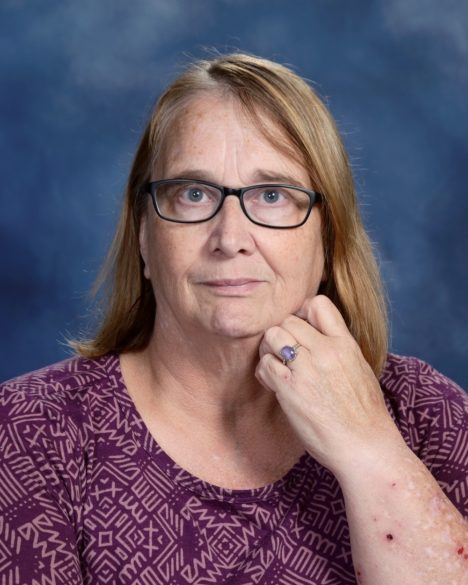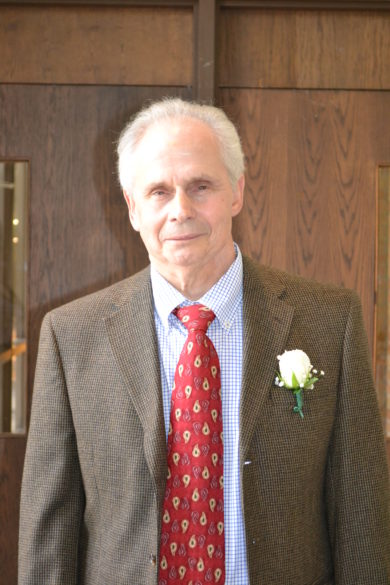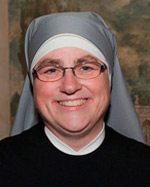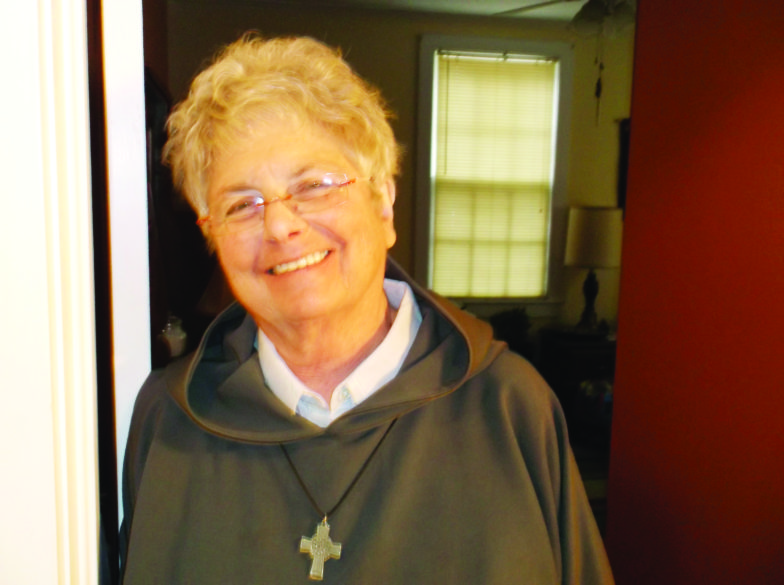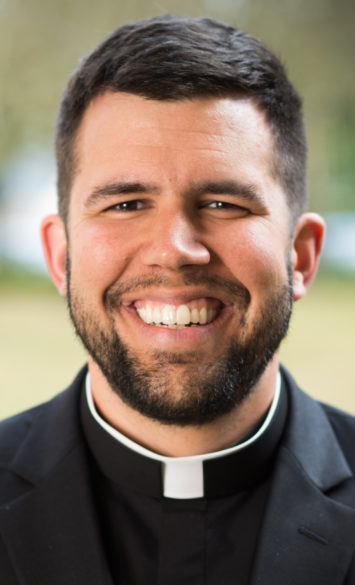
All it took was a pandemic for the church to get online. Mega-churches have been streaming for a long time, and they had figured out camera angles and installed sophisticated multi-media set-ups in sanctuaries well before the outbreak of COVID-19, but now mother nature has forced our hand. On Holy Saturday I spent two hours at St. Richard Jackson with my pastor trying to plan the Easter Vigil: “OK, now we need to move here and the camera needs to be here so that you can see the Easter Candle and the baptismal font,” said Father John or I at some point that morning.
This is one of the blessings of this time of trial. Many priests can now easily stream content to parishioners, where two months ago this would have seemed like a huge task. And yet, the physical nature of the sacraments is still missing, the one-on-one encounter of the communicant with the Bread of Life is lacking, and catholics are feeling that loss, even though they may be able to click and see their parish church instantly.
The Catholic Church’s genius is in the encounter that we have with the Lord in the sacraments, and in the encounter we have within the building itself. For young people who are discerning God’s call for them, the chance to speak with a priest about real life, about their concerns, about their dreams, and ask them questions is vitally important. This is one of the things that is difficult right now in this time of quarantine, but there are still ways to honor those who are seeking and try to reach out.
In April I took a group of middle schoolers on a virtual tour of one of our seminaries, St. Joseph Seminary College in Covington, Louisiana. We video conferenced and I shared my screen with them and used Google Earth to describe the grounds to them and talk about the day-to-day life of the seminarians. It was not the actual tour that I had planned at the start of the year of course, but it was real opportunity for young men to encounter a priest, ask questions and have fun. During this time technology can help us connect, but we still must be creative in order to make a real connection. The Lord invites us to an actual encounter each time we come into the church, and we have to continue that mission even during this time of quarantine, and live-streams are a great start, but we must be creative and seek to provide for the people of God as best we can.
May 3 was the World Day of Prayer for Vocations. I ask that everyone say a special prayer for the men and women in our diocese who are seeking to follow the Lord’s will in their lives. The seminarians have completed another semester and we are thankful for them and for the two men, Deacon Andrew Nguyen and Deacon Cesar Sanchez, who will be ordained at the Cathedral of St. Peter in June.
Vocations Events
Saturday, June 27, 2020 – Priestly Ordination of Deacon Andrew Nguyen and Deacon Cesar Sanchez, Cathedral of St. Peter the Apostle Jackson, 9:30 a.m.
If you are interested in visiting a seminary or house of religious formation,
contact: vocations@jacksondiocese.org
www.jacksonpriests.com


